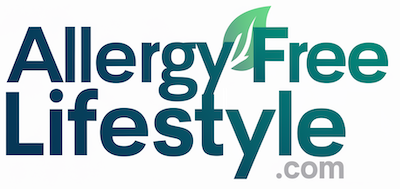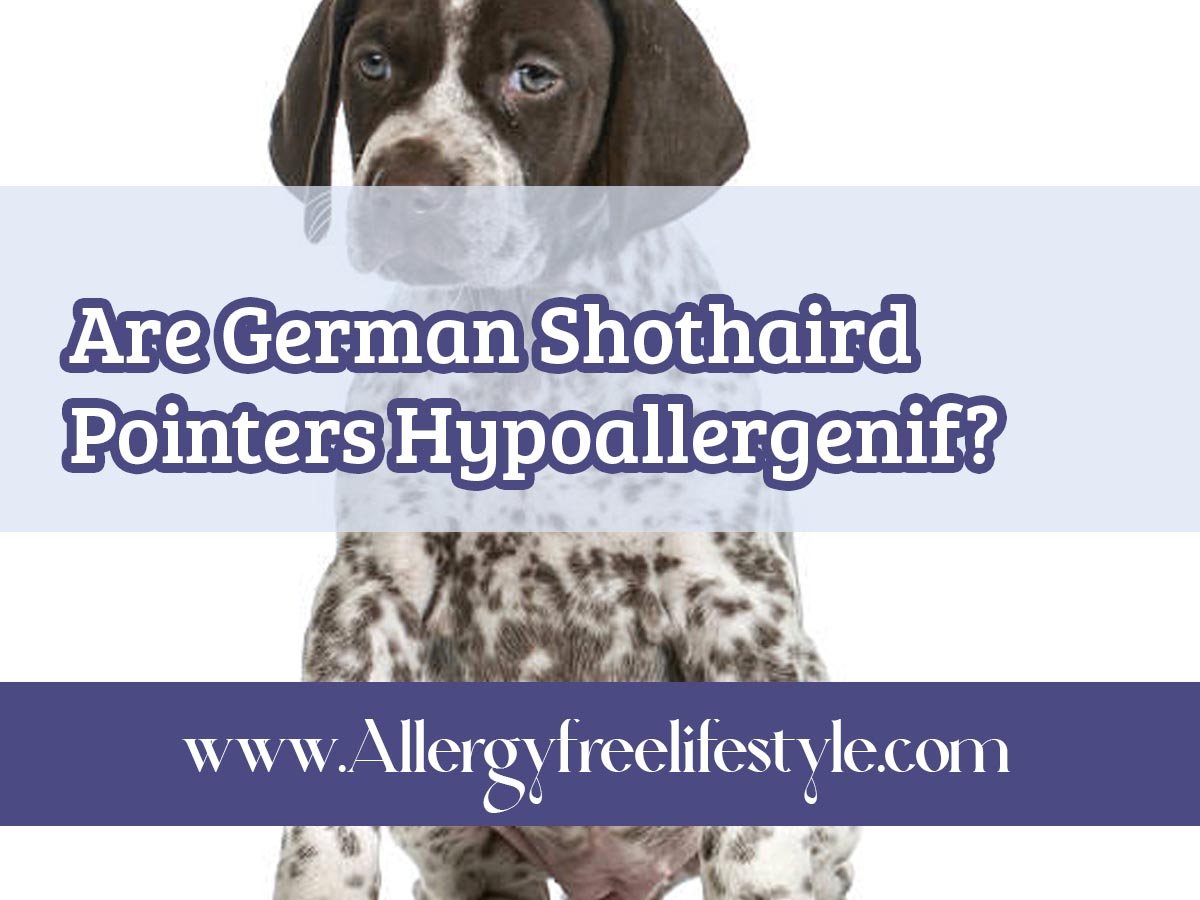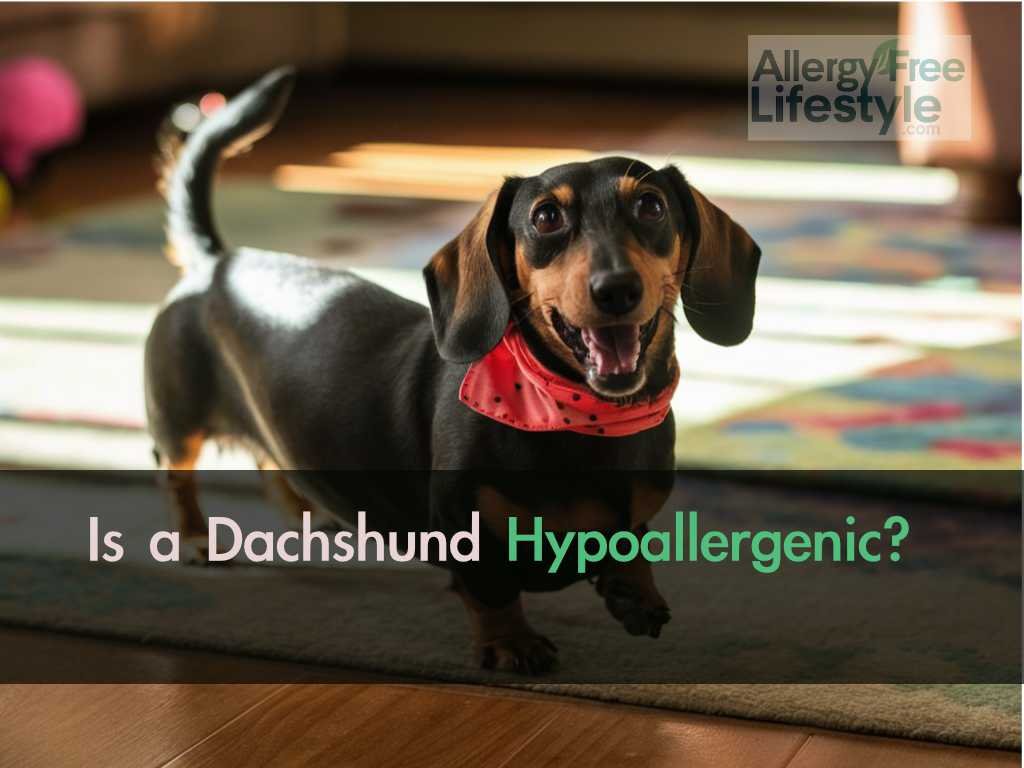The Question, Is a Shih Tzu Hypoallergenic? is one of the questions many allergy sufferers may wonder or ask themselves when choosing a hypoallergenic dog for themselves or their children.
The Shih Tzu, often characterized by its luxurious coat and affectionate demeanor, is a small breed cherished by dog enthusiasts worldwide. Known for their long, flowing hair and expressive eyes, these dogs are frequently considered by those seeking hypoallergenic pets. This article delves into the hypoallergenic properties of Shih Tzus, examining whether they are a suitable choice for individuals with allergies.
Understanding Hypoallergenic Pets
As we’ve covered in our comprehensive article about hypoallergenic dogs and breeds, “hypoallergenic” is a term used to suggest a lower likelihood of causing an allergic reaction. In pets, this usually pertains to the animal’s potential to produce fewer allergens through dander, which is the dead skin cells shed by dogs, as well as saliva and urine. While no dog is completely allergen-free, hypoallergenic breeds may release fewer airborne allergens compared to others.
Shih Tzu Hypoallergenic Coat Characteristics
Shih Tzus are known for their distinctive double-coated fur or hair, which consists of a soft undercoat and a luxurious outer coat that can grow to floor length if left untrimmed. Unlike many breeds, Shih Tzus shed less hair due to their coat type, which grows continuously. This characteristic often places them in the category of breeds that are potentially better for people with allergies, as they release less hair and dander into their environment.
Impact on Allergy Sufferers

Although Shih Tzus shed less, they are not free from producing allergens. Their long hair can trap and hold dander, pollen, and household dust, which are common triggers for allergy sufferers. Therefore, maintaining their coat is crucial in minimizing the potential for allergens to accumulate and become airborne.
Grooming Care Tips That’ll Make Shih Tzus Hypoallergenic Qualities Last
To manage allergens effectively, Shih Tzus require diligent grooming. Owners should brush their Shih Tzu’s hair daily to prevent tangles and matting, which can trap more dander and dirt. Regular baths (typically once every three to four weeks) are also essential to clean away accumulated allergens and reduce the potential for allergic reactions. Professional grooming, preferably, every six to eight weeks as this can help keep their double-coated coats in optimal condition, reducing the overall maintenance required by the owner.
Health and Skin Considerations
Various skin conditions may affect Shih Tzu’s hypoallergenic status. Issues such as seborrhea or allergies to food and environmental elements can exacerbate the production of dander and, subsequently, allergens. Regular veterinary check-ups are vital to diagnose and treat any underlying conditions that might compromise their suitability for allergy sufferers.
Living with a Shih Tzu: Allergy Management Tips
For individuals with allergies and wondering if a Shih Tzu hypoallergenic quality is true or a myth, there are certain things you should know when it comes to bringing one home. Living with a Shih Tzu requires adopting certain practices to manage exposure to allergens:
- Create an Allergen-Free Zone: Ideally, keep the Shih Tzu out of the bedroom and other areas where prolonged exposure to allergens could occur.
- Clean Regularly: Use a vacuum fitted with a HEPA filter to clean floors and furniture frequently, and wash the dog’s bedding, toys, and any fabric they contact regularly.
- Air Purification: Employ air purifiers with HEPA filters in living spaces to capture airborne allergens and improve indoor air quality.
Pros and Cons for Allergy Sufferers
Pros:
- Reduced Shedding: They shed significantly less than many other breeds, decreasing the amount of hair and dander in the environment.
- Small Size: Their compact size makes them easier to manage during grooming sessions.
Cons:
- Grooming Needs: Their luxurious coat requires extensive and regular grooming to maintain its condition and manage allergens.
- Potential for Allergens: Despite their low-shedding nature, their long coat can still harbor allergens.
Interacting with a Shih Tzu Before Commitment

It’s advisable for allergy sufferers to spend time with a Shih Tzu before deciding to bring one into their home. This interaction can help determine the individual’s tolerance to the breed’s allergens. Visiting a breeder or spending time with a Shih Tzu in a pet-friendly environment can provide insights into how one’s allergies may react to their presence.
Conclusion– Is a Shih Tzu Hypoallergenic?
With its charming personality and manageable size, Shih Tzus can be a good option for those with mild to moderate allergies, primarily due to its low-shedding characteristics. However, they demand significant grooming efforts to maintain these hypoallergenic qualities. Prospective owners should evaluate their readiness to commit to the regular grooming required and consider their individual allergy responses. By understanding and adhering to proper grooming and household cleanliness, a Shih Tzu hypoallergenic nature can be a joyful and relatively allergy-friendly addition to many homes.



